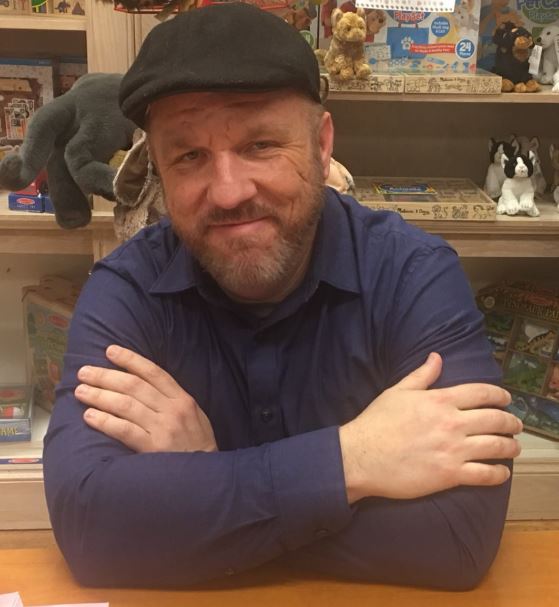Interview: Author Dave Rose Discusses New Book on Achieving Real Music Success
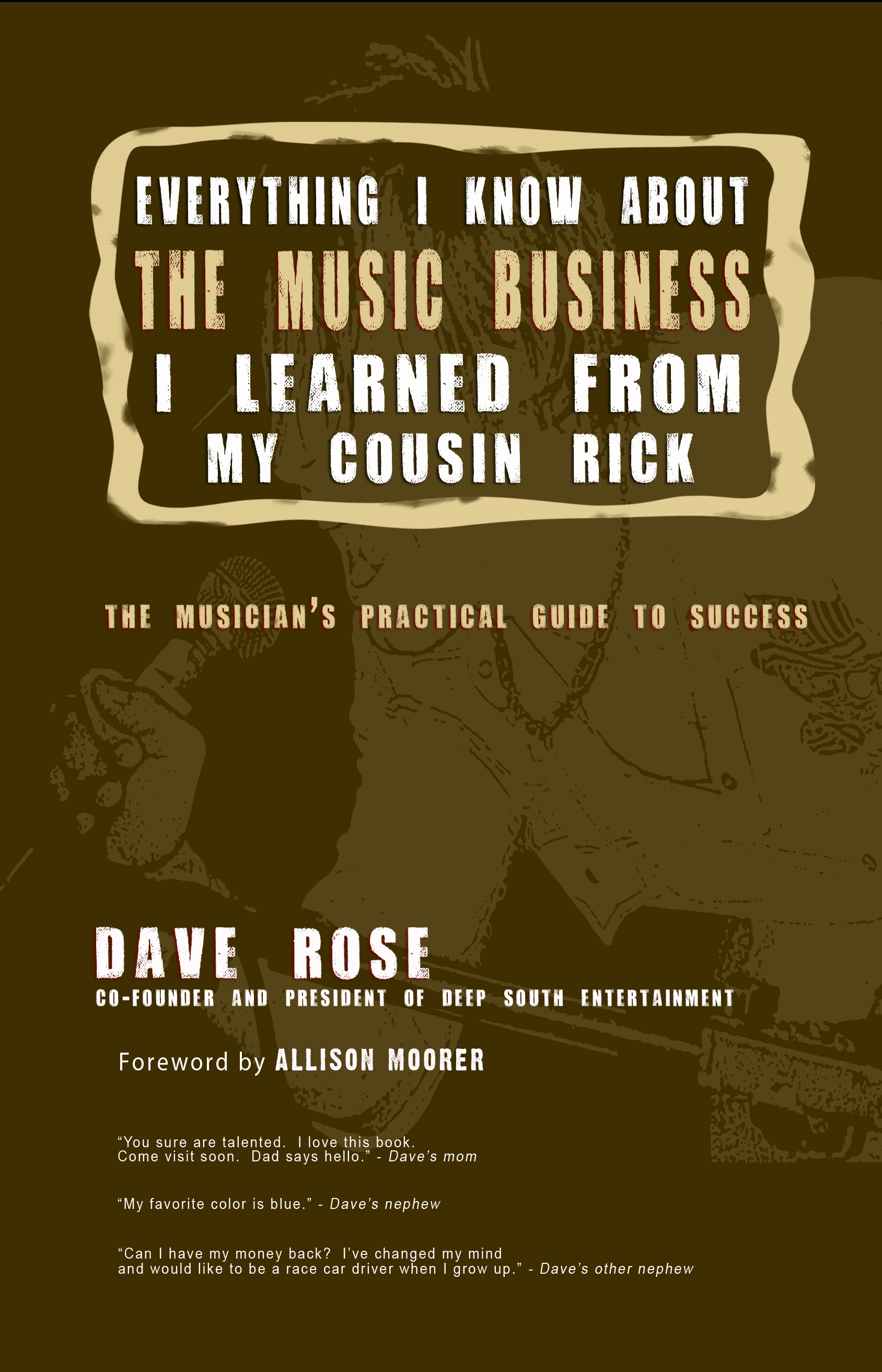
Dave Rose runs Deep South Entertainment, a successful business and artist management company that’s been around since 1995.
Over the years, he’s worked with some big names, including Michael Sweet, Bruce Hornsby, Marcy Playground and Allison Moorer, to name just a few.
Rose’s own musical journey began as others often do: with a guitar and a dream. But shortly after he began regularly performing in bands, he discovered his true calling relied less on the art of making music and more on the act of helping others learn from the experiences he’s had. Thankfully, he’s shared that knowledge in an amazing new book.
Everything I Know About The Music Business I Learned From My Cousin Rick: The Musician’s Practical Guide To Success is a mouthful of a title, but it’s also one of the best books a musician can read on how to really become successful in their craft and enjoy the moments along the way.
Based upon the epiphany he had when his cousin (Rick) played him the first Boston album, Rose’s book is part “biography” and part “how-to." It’s also a valuable resource for musicians of all levels.
If it’s something a band is going through now — or has done in the past, Rose has been through it. From writing songs and booking gigs to recording albums and creating a fan base, Rose shows you how to achieve real success in music. Success that’s not measured by the number of albums sold or the money earned from gigs, but rather from the goal that anyone who’s ever picked up an instrument should have in the first place: the desire to make great music.
Novice musicians will find plenty of informative information on things to avoid when building up their band; while those with more experience may find themselves looking into a mirror at times as they turn the pages. In either case, Dave’s book is a fast, fun read.
Get The Pick Newsletter
All the latest guitar news, interviews, lessons, reviews, deals and more, direct to your inbox!
I had the chance to speak with Dave about his new book and some of the lessons he’s learned along the way.
GUITAR WORLD: Why did you decide to write this book?
I was a musician myself, but the real fun of it for me was seeing the progress, the forward momentum to the next step. I soon began to realize that I was better at selling music rather than making it. From day one, when I first met and started “managing” a bunch of college friends who were in a band, all I ever really wanted to do was help musicians.
Since then, I’ve had the pleasure of managing and working with some of the biggest names and coolest artists in the world and wanted to take a little of what I’ve learned from them and pass it along to other artists. After 20 years of doing what I do, I wanted to offer some help in printed form. Because if you were to ask 100 bands what they most need, 98 percent of them would say they just need help. They don’t know what to do next or how to do what they need to do next. That was the motivation and the premise for writing this book.
What are some of the biggest lessons you’ve learned over the course of your career?
I was in a band with songwriter Terry Anderson, who’s had several top 40 hits including “I Love You Period” (a solo hit for Dan Baird from the Georgia Satellites/Homemade Sin). We were playing a show to about 400 or so people in our hometown, and right before we were getting ready to go on stage, Terry stopped everybody and said, ”OK, if I catch anybody giving a shit, I’m going to whoop your ass!” [laughs]
I’ve often been surrounded by musicians who were always uptight about the show and wanting it to go perfectly. Terry was the first one that said, “Look, if you care about this show too much, I’m going to get on you about it.” To me, that resonates through the whole business. You can’t take it too seriously. You’ve got to learn to enjoy it along the way. With everything that happens, just enjoy the process.
Another one of my favorites I discuss in the book is about a time when Bruce Hornsby and I were working together. A radio announcer wanted me to give him an introduction to use for Bruce at a show. So I asked Bruce and he wrote one down for me to give to him. The announcer was hesitant to read it at first, but eventually said, “Ladies and gentlemen, please welcome to the stage: 10-time Grammy nominee, seven-time loser, Bruce Hornsby!” [laughs]
That situation taught me to take everything with a grain of salt and not get too wound up about the good or the bad.
Tell me about that first band you worked with.
The very first band that I “managed” was while in college. I had gotten them about 25 gigs lined up and they had rehearsed and were ready to go play all the skating ranches and pool parties and other important gigs of our life. But a few weeks before the first gig, the bass player suddenly decided to quit and the band came to me asking to cancel the gigs. I told them there was no way we were going to do that. As a manager, I didn’t want to cancel them. I knew the damage something like that could do, even with a young band. I told them we’d do the shows and then audition a new bass player afterwards. So for the next two weeks, I learned all of the bass parts myself and played the gigs with them.
Do you ever get the urge to play in a band again?
Sometimes I get the urge to play, but I don’t miss the 23 hours of the day that goes into it. Being in a band is very unique. It’s a lot like a marriage to three or four people, and you’re only as strong as your weakest link. When you’ve got five people in a group and you need everyone to rise to a certain level, it can be a very difficult process.
If there’s one message you’d like readers to take from your book, what would it be?
The constant reminder that the act of actually making music should be “success” enough. These days, a lot of people are into an instant stardom/fame mode where the music is used as a means to an end, and not the end itself. They want to get rich and famous and so decide to get into music. It’s the wrong reason and as a result, they get frustrated when they don’t achieve those goals when in reality, the goal should have always been to create great music.
James Wood is a writer, musician and self-proclaimed metalhead who maintains his own website, GoJimmyGo.net. His articles and interviews are written on a variety of topics with passion and humor. You can follow him on Twitter @JimEWood.
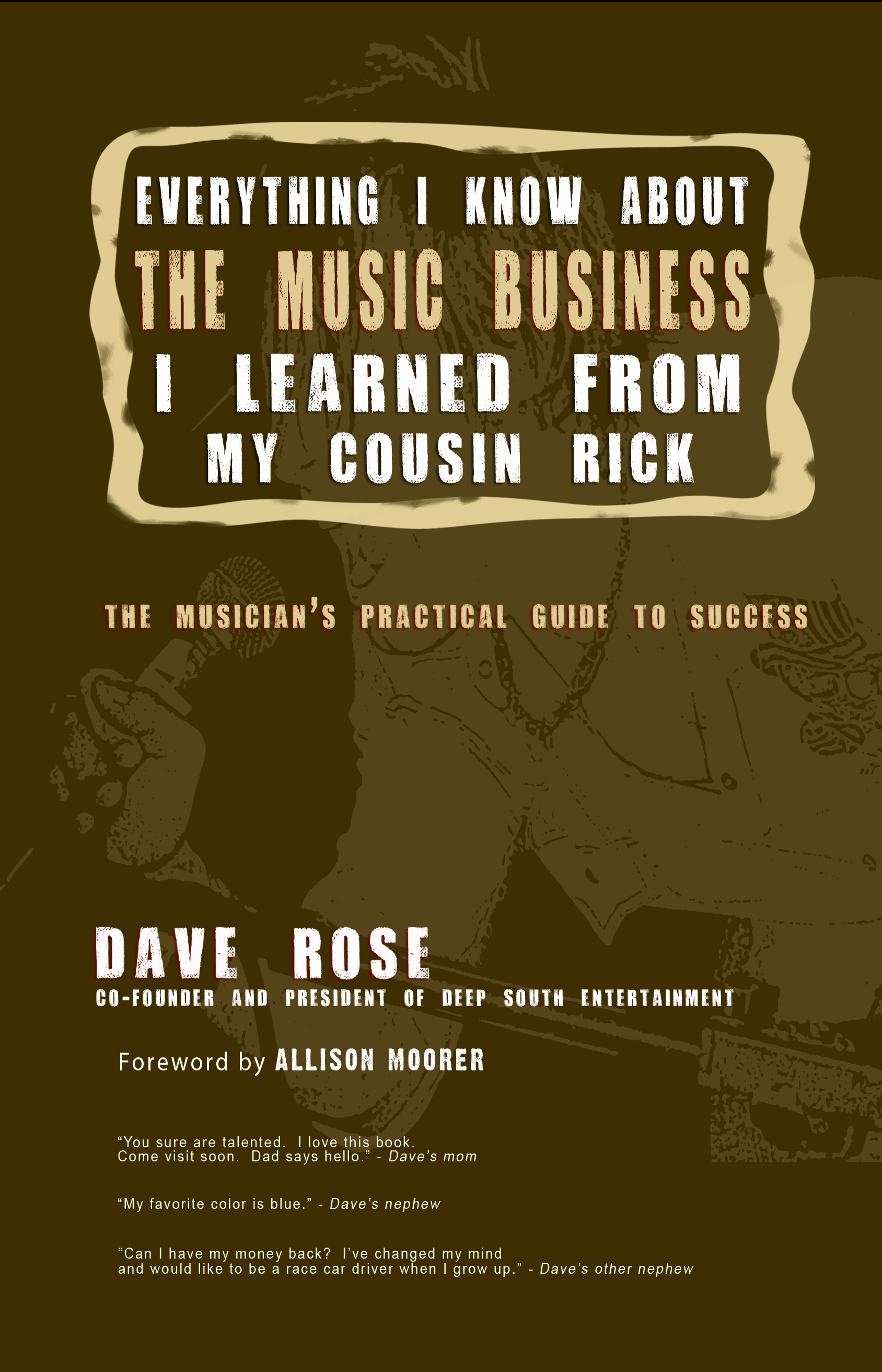
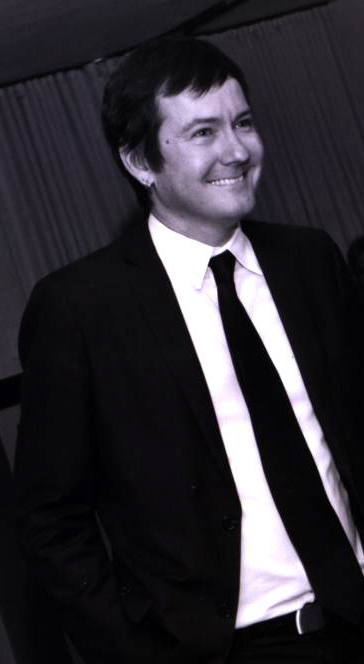
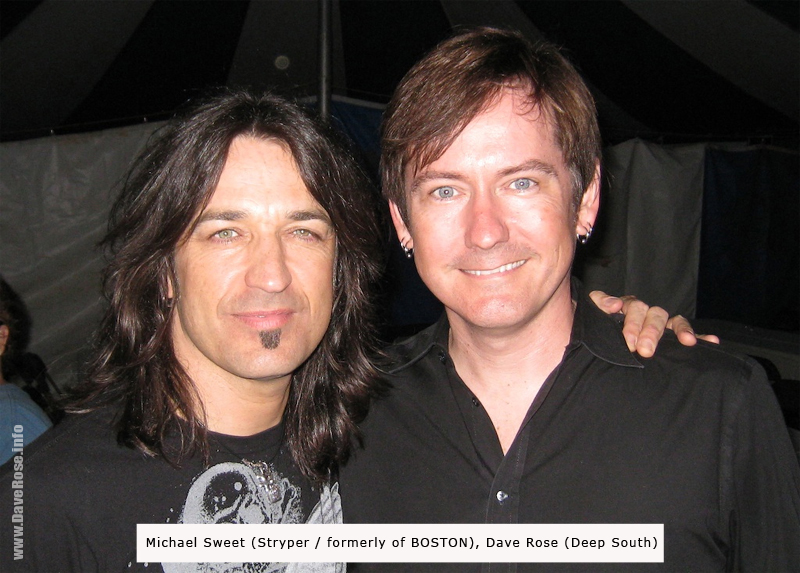
James is a guitarist and freelance writer who's interviewed some of the biggest names in music. He is the author of four books and his writing credits include work for Guitar World, AXS and Yahoo! as well as for his hometown newspaper where he writes on a variety of topics with both passion and humor. As a guitarist, he's performed everywhere from local bars and nightclubs to some of the biggest stages in front of thousands of music fans.
“I always felt like that record could have been better if we had worked on it some more”: Looking for a blockbuster comeback album, Aerosmith turned to Van Halen producer Ted Templeman. For Joe Perry, it served as a learning experience
Guitar World Discussion: Who is the most underrated guitar player of all time?
